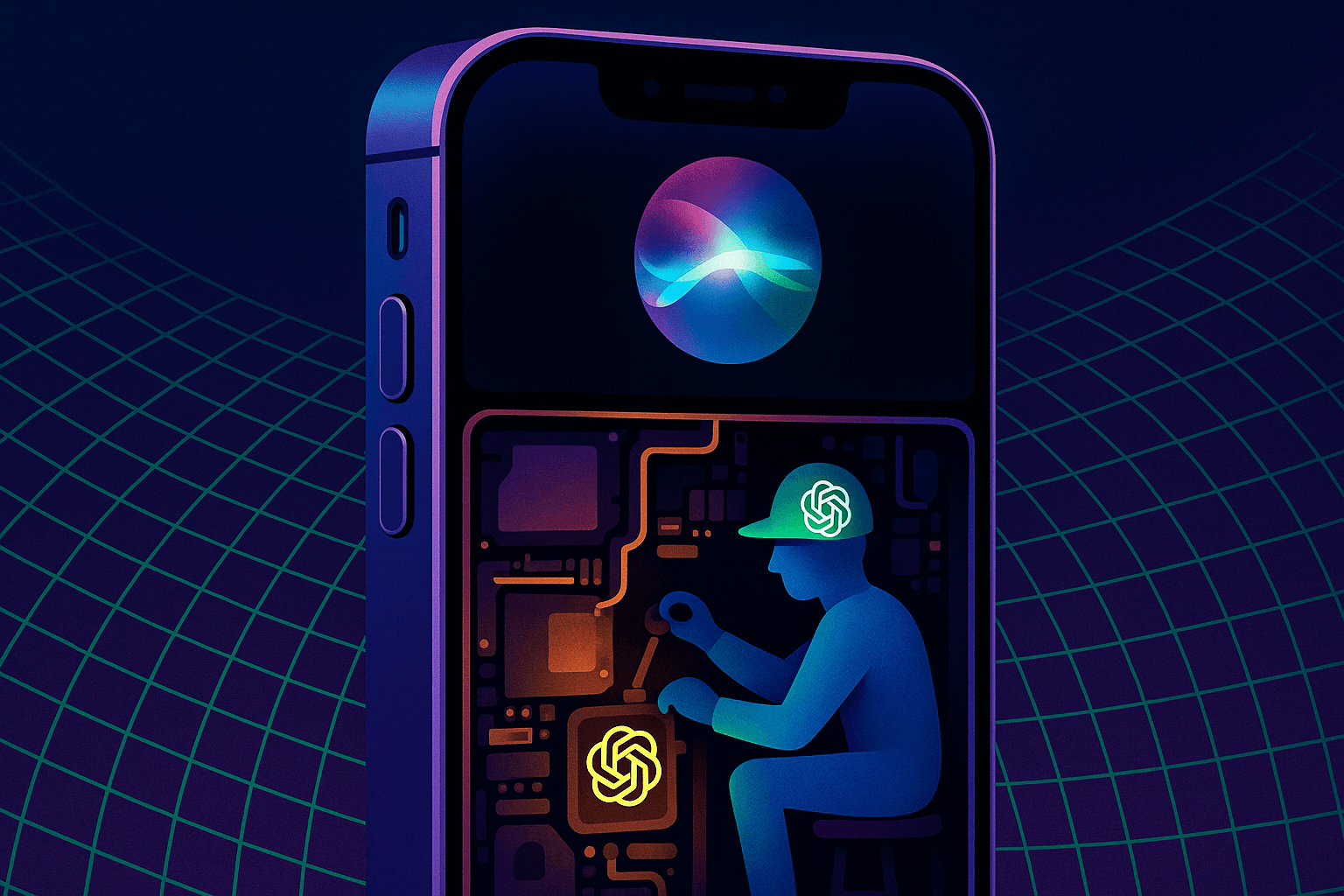ChatGpt Content detection: A new approach using xlm-roberta alignment
PositiveArtificial Intelligence
- A new methodology for detecting AI-generated text has been introduced, utilizing the XLM-RoBERTa model to distinguish between entirely AI-generated content and human text that has been reworded by AI. This approach includes preprocessing and feature extraction techniques that enhance detection accuracy across various text genres.
- This development is significant as it addresses the growing challenge of identifying AI-generated content, which is crucial for maintaining content integrity and trust in digital communications, especially as generative AI technologies become more prevalent.
- The introduction of advanced detection methods like XLM-RoBERTa aligns with ongoing discussions about the implications of AI in content creation, including concerns over misinformation, the reliability of AI outputs, and the need for interpretability in AI systems, as seen in related research on document vectorization and confidence calibration.
— via World Pulse Now AI Editorial System



